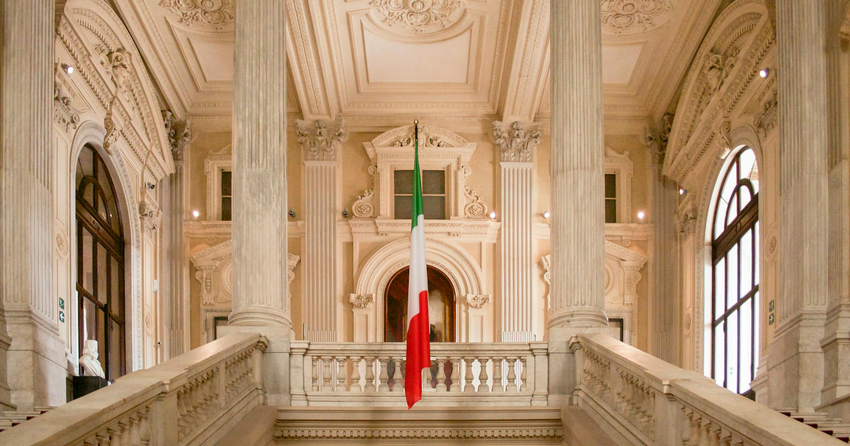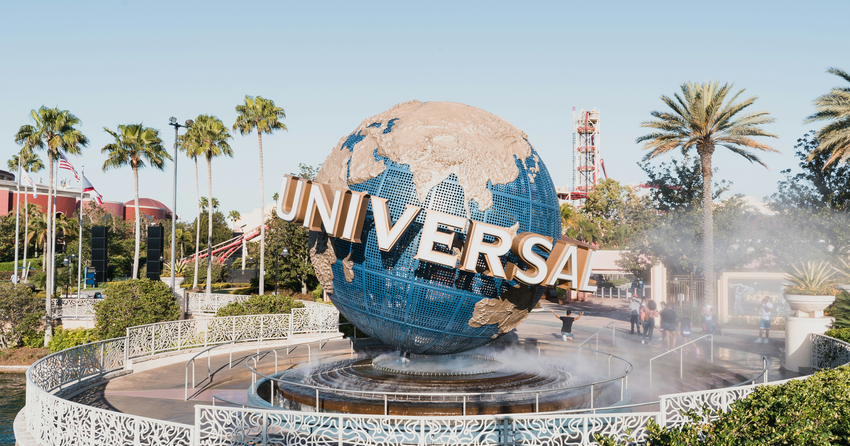
Meta Invests $14.3 Billion Into Startup Scale AI
Artificial intelligence (AI) startup Scale AI announced a “significant new investment” from Meta, boosting its valuation to over $29 billion. The tech company will invest $14.3 billion for a non-voting stake in the data-labeling pioneer.
The deal comes after CEO Mark Zuckerberg has reportedly been “frustrated with Meta Platforms Inc.’s shortfalls in AI.” According to a report from The Wall Street Journal, the company has postponed the rollout of Llama 4, the latest update to the large language model, due to underwhelming advancements compared to its previous versions.
As part of the deal, Scale AI’s co-founder and CEO, Alexandr Wang will leave the startup along with “a few other Scaliens.” The 28-year-old dropped out of MIT to found Scale AI in 2016, rapidly growing it into a leading provider of human-validated training data for apps ranging from autonomous vehicles to OpenAI’s ChatGPT.
Recently, Bloomberg reported that Zuckerberg plans to build a “superintelligence group” of 50 AI experts. The team would include researchers and engineers to propel Meta ahead of rivals and position it as a leader in artificial general intelligence (AGI) development. This is a type of AI capable of understanding, learning (including self-teaching), and applying knowledge across a wide range of tasks at a human-like or superhuman level.
It’s believed that Wang will lead the new “superintelligence” division at Meta, located near the company’s headquarters in Menlo Park, California. Jason Droege, Scale AI’s chief strategy officer, will step in as the interim CEO until a new company leader is elected.
Given the significance of Meta’s investment in Scale AI, some existing clients may frown upon the idea of Meta owning almost half of the startup. However, Meta promised it wouldn’t sit on Scale AI’s board or gain privileged access to its customer data. Some early backers of the startup, including Accel and Index Ventures, have already secured lucrative exits.
The Scale AI transaction is the second-largest in the company’s history, second only to its $19 billion WhatsApp acquisition in 2014. The significant investment highlights Meta’s determination to secure top tech talent and infrastructure and achieve a leading status in the ongoing AI revolution. It also marks a shift from the tech titan’s open-source beginnings to a more commercial approach.














